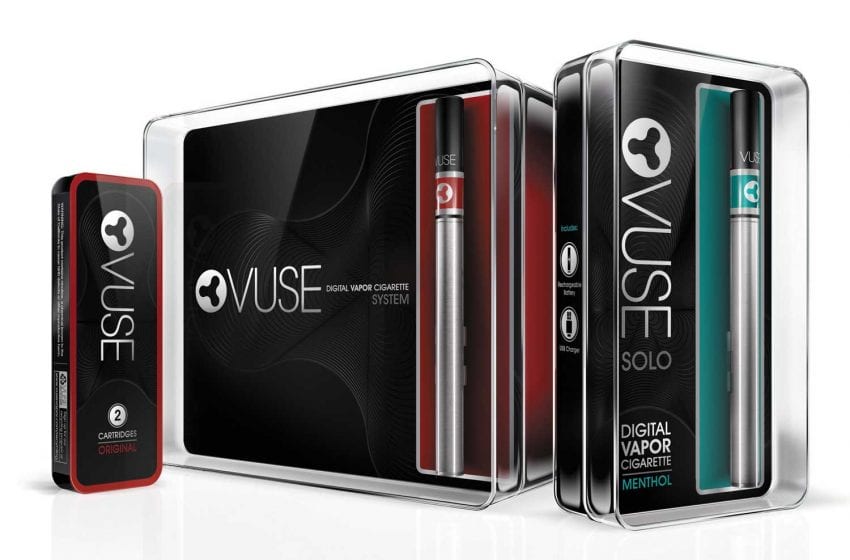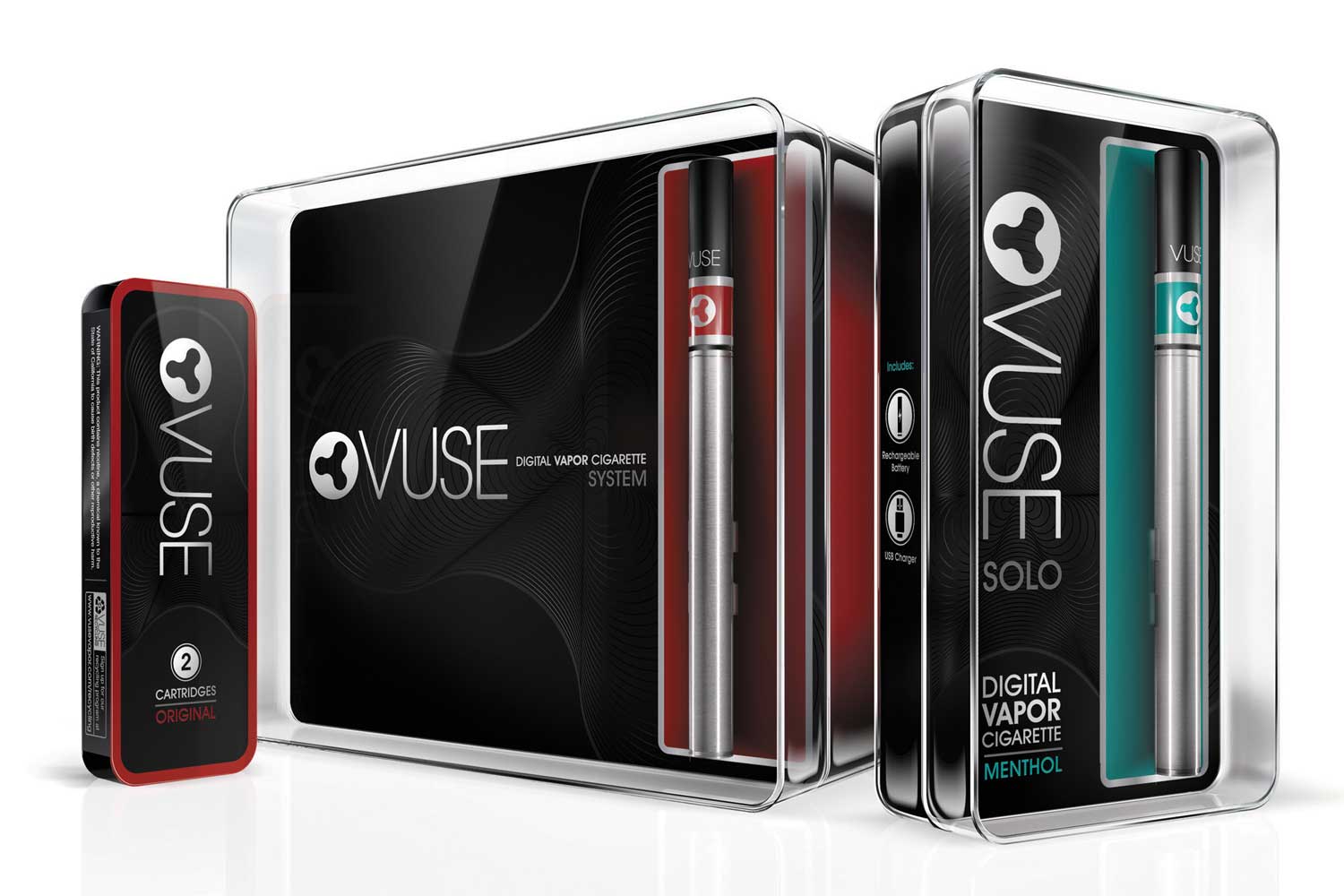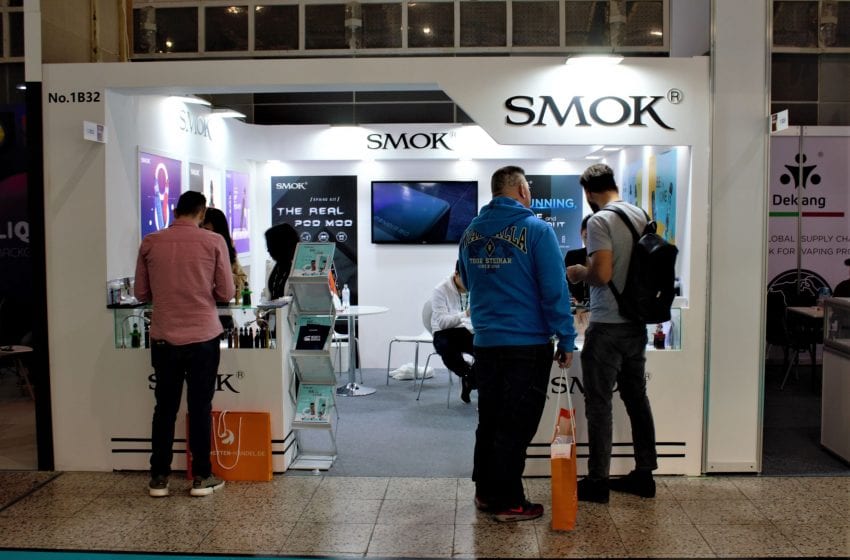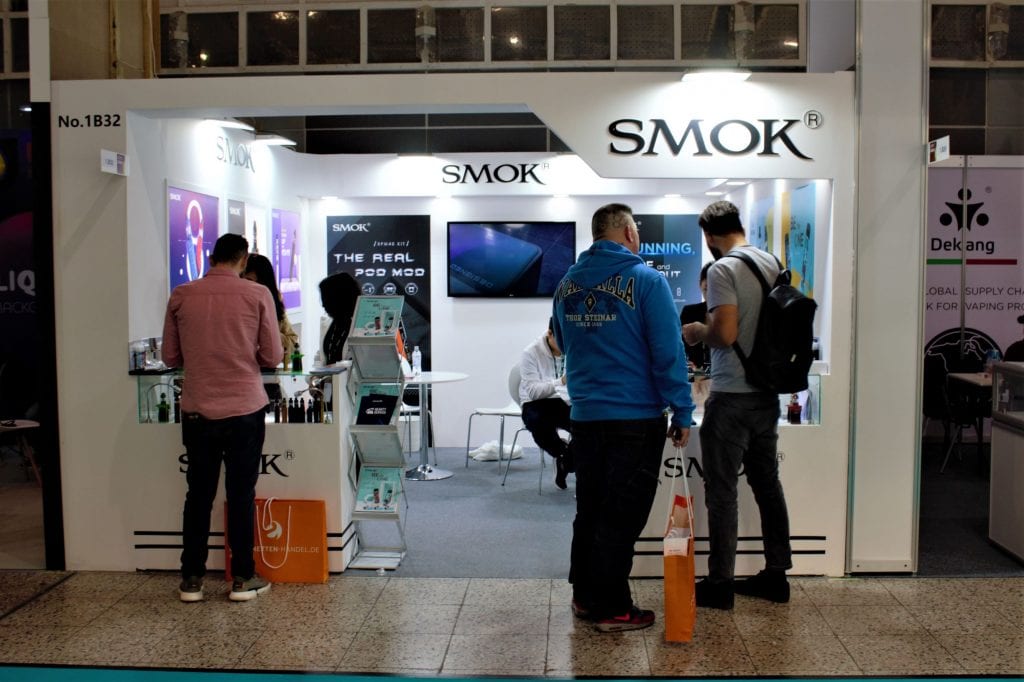
U.K. vapor industry representatives are hoping that the EU ban on menthol cigarettes that comes into force today will encourage more smokers to transition to less-hazardous vapor products.
The ban of menthol cigarettes comes from the EU Tobacco Products Directive (TPD), banning all cigarettes and rolling tobacco with “characterizing flavor” other than traditional tobacco.
The ban originates from a range of tobacco control measures approved by the European Parliament in 2013, with revisions including mandating the banning of menthol cigarettes by 2022.
In the U.K. there are an estimated 1.3 million menthol cigarette smokers.
Research by the U.K. Vaping Industry Association, the largest trade domestic body representing the sector, shows that menthol vapor products sold by its retail and wholesale members represent an average of 16.5 percent of all sales and nearly double this number, at 30.75 percent, for manufacturers producing such products.
The data suggests that menthol cigarettes are used by up to 12.4 percent of smokers in England, while global sales in 2018 exceeded $80bn. Currently, some 14.4 percent of the adult population in England smoke and there are some 7m smokers across the UK.
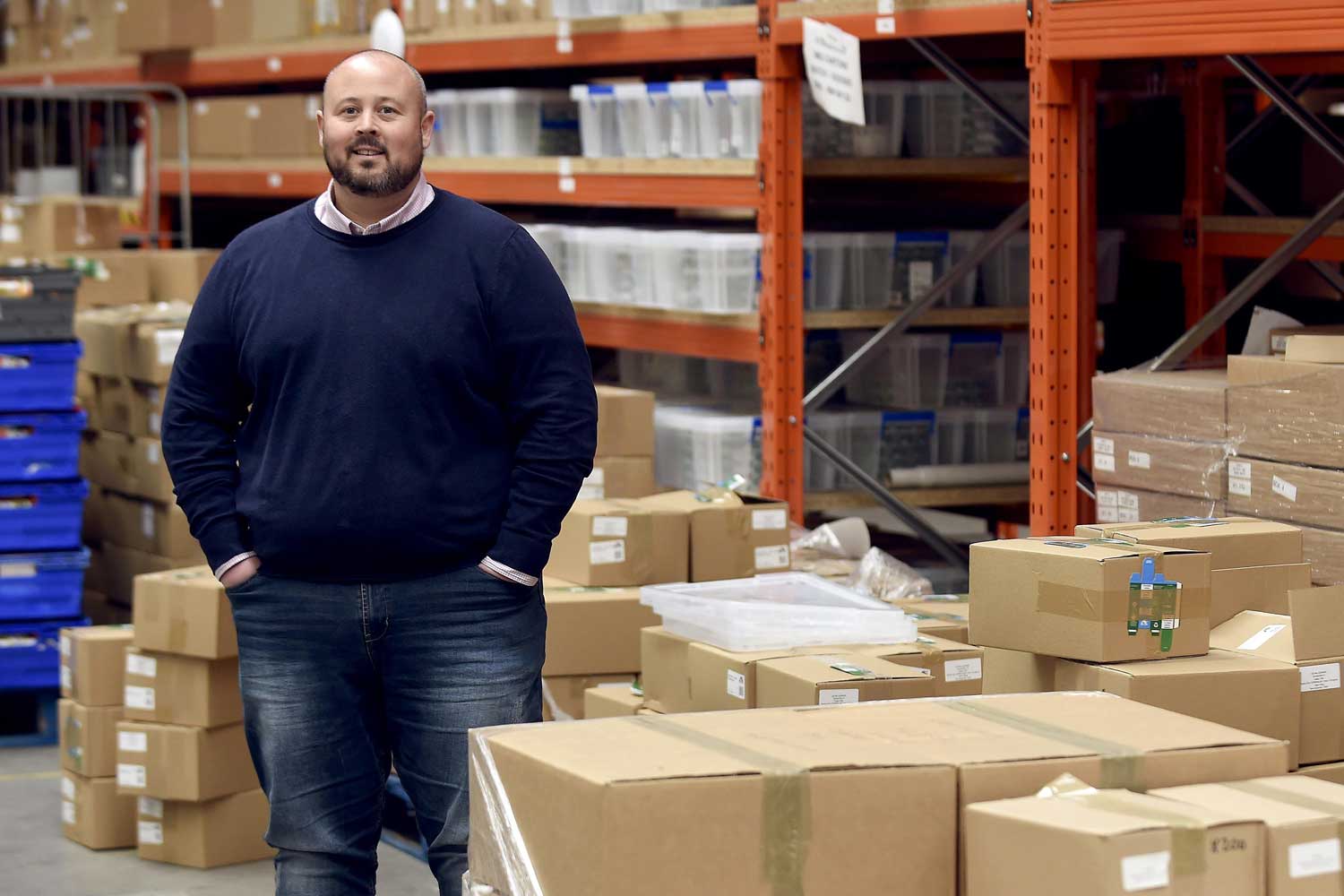
“I think in normal circumstances this move could have had the potential to significantly reduce smoking rates in the U.K.,” said Doug Mutter, director of manufacturing and compliance at VPZ, a leading vapor company in the U.K.
“However, with vaping stores closed and stop smoking services shut, it remains to be seen how we can engage menthol smokers and encourage them to make the switch.
“This is the biggest change to tobacco law since plain packing was introduced.
“For the vaping industry it presents an opportunity to help smokers finally make the switch, and whilst that will be harder with stores still closed, we believe that vaping presents the best opportunity to stamp out cigarettes for good.
“VPZ has built a digital platform for advice and guidance on smokers switching to vaping for the first time as well as how to pick the best products to help them quit.
“We are expecting a growth in the number of new vapers in the U.K, so it was important to us to use our expert staff to help create a guide for menthol smokers looking to quit through vaping.
“From which device best suits your needs to what strength of nicotine is required, we have tried to cover as many questions as possible. We have even put together some starter kits covering all categories to help with any first-time decision as we appreciate the first step can be daunting, without the opportunity to visit one of our stores.
“It will be difficult for many people just now because vape stores are closed and the temptation to go back to traditional cigarettes is everywhere. We are talking about over one million people in the UK will now not have their menthol cigarettes available and we hope that they are beginning to research which stop smoking products can best help them quit.
“Our message to smokers across the country is that the best time to quit cigarettes is now.”







